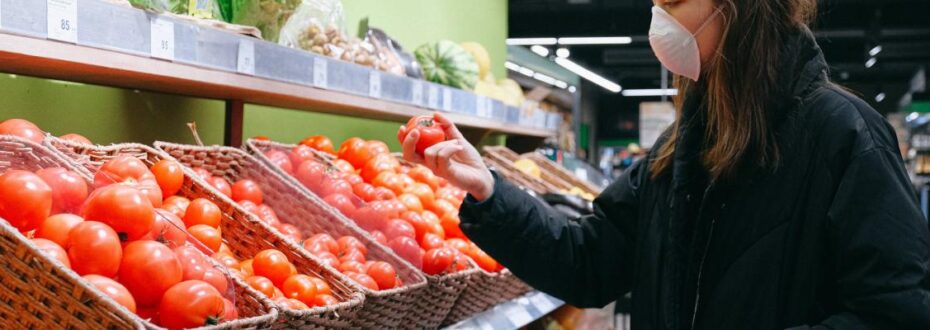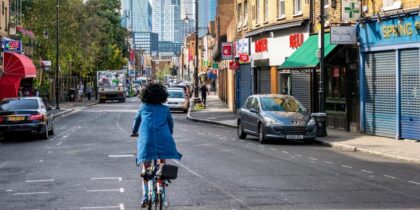As of last week, the public are being encouraged to go out and shop for non-essential items and use public transport again. But we are being advised that we must use face masks on public transport and in hospitals. For people who are on a low wage or on basic benefits, while also living with a mental health condition, this can be an expensive and confusing business.
I bought myself masks from my disability benefits. But not everyone with a mental health problem gets the benefits they are entitled to, and many live on very low incomes where the price of a face mask might be a large part of their weekly income. While there has been much talk about poverty during this Covid 19 pandemic, I am concerned that people on basic benefits or those struggling on basic wage will not be able to afford masks. This puts both them and others at risk, and may create yet another barrier for people living with mental health problems to getting out and about as the lockdown eases.
not everyone with a mental health problem gets the benefits they are entitled to, and many live on very low incomes where the price of a face mask might be a large part of their weekly income.
I also have the anxiety of not knowing whether the masks that I am buying are fit for purpose or not, and this worry has an impact on my mental health. I don’t know how to find out whether the masks I’ve bought are the right ones or not. What if we buy masks that don’t work, or the kind that should be reserved for hospital staff? For people without internet access, this must be even more difficult.
So I wonder if there’s an alternative: one that might save money and save lives. In Portugal, for example, Portimao Council at the end of April started having masks delivered in envelopes containing six masks and an instruction manual with recommendations on how to use them correctly. These kits were created by a group of volunteers, the council reported.
This is something that the Government, or at least local authorities or health services, could start doing here. It would save money for people on low incomes or who are vulnerable to the virus. It would ensure no one is excluded from going on public transport or attending health care appointments. And it would be a very low-cost way of saving lives.



